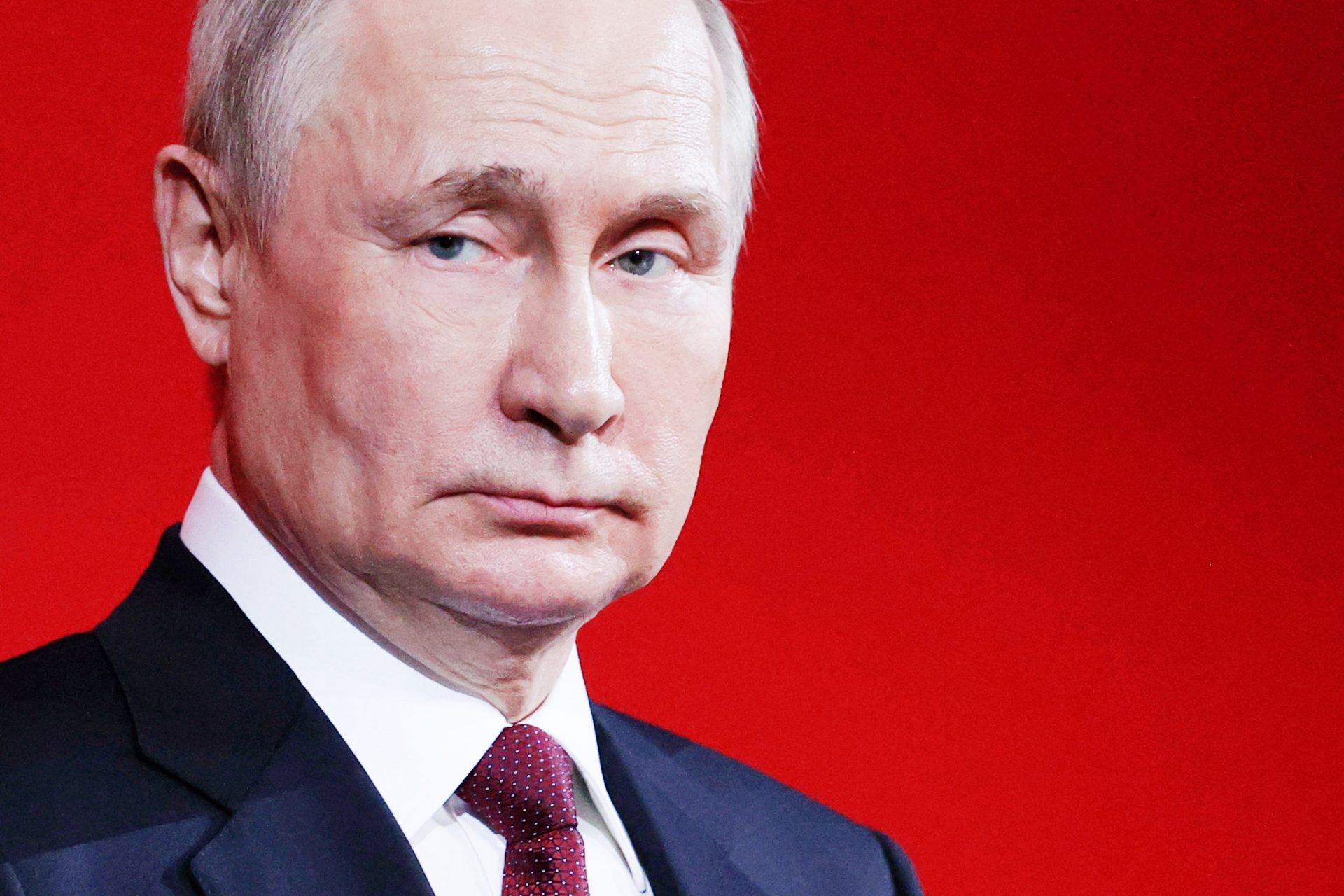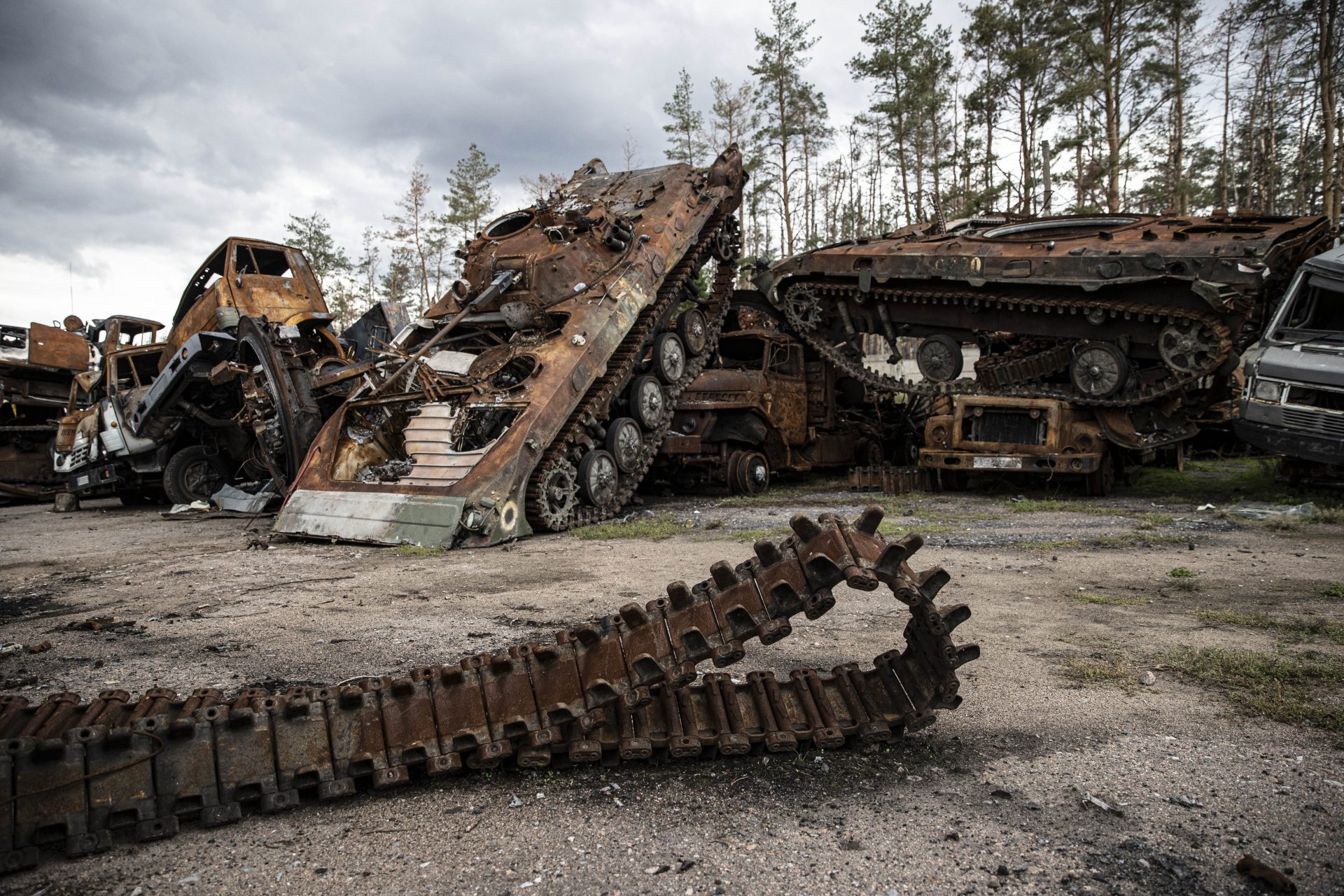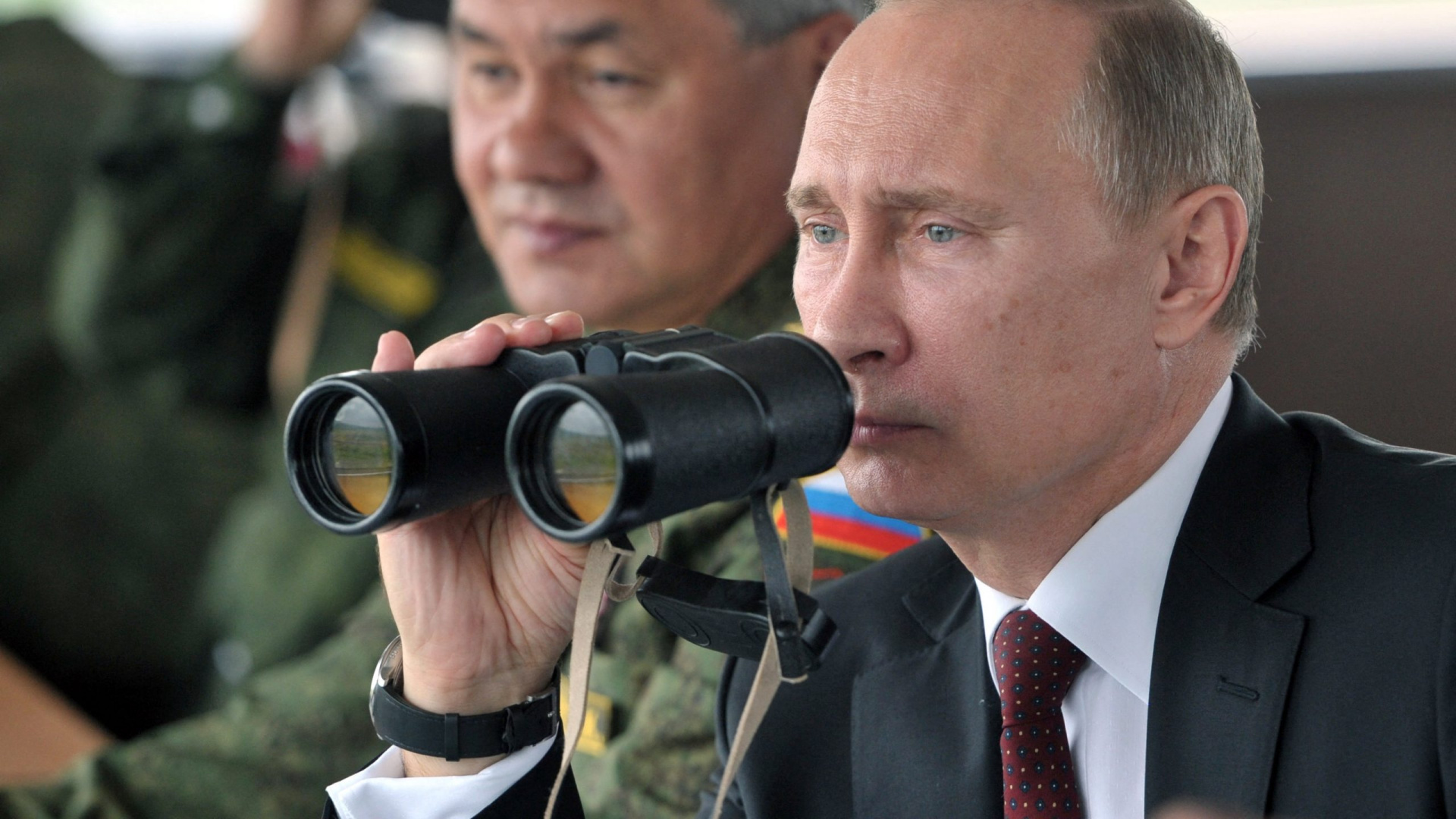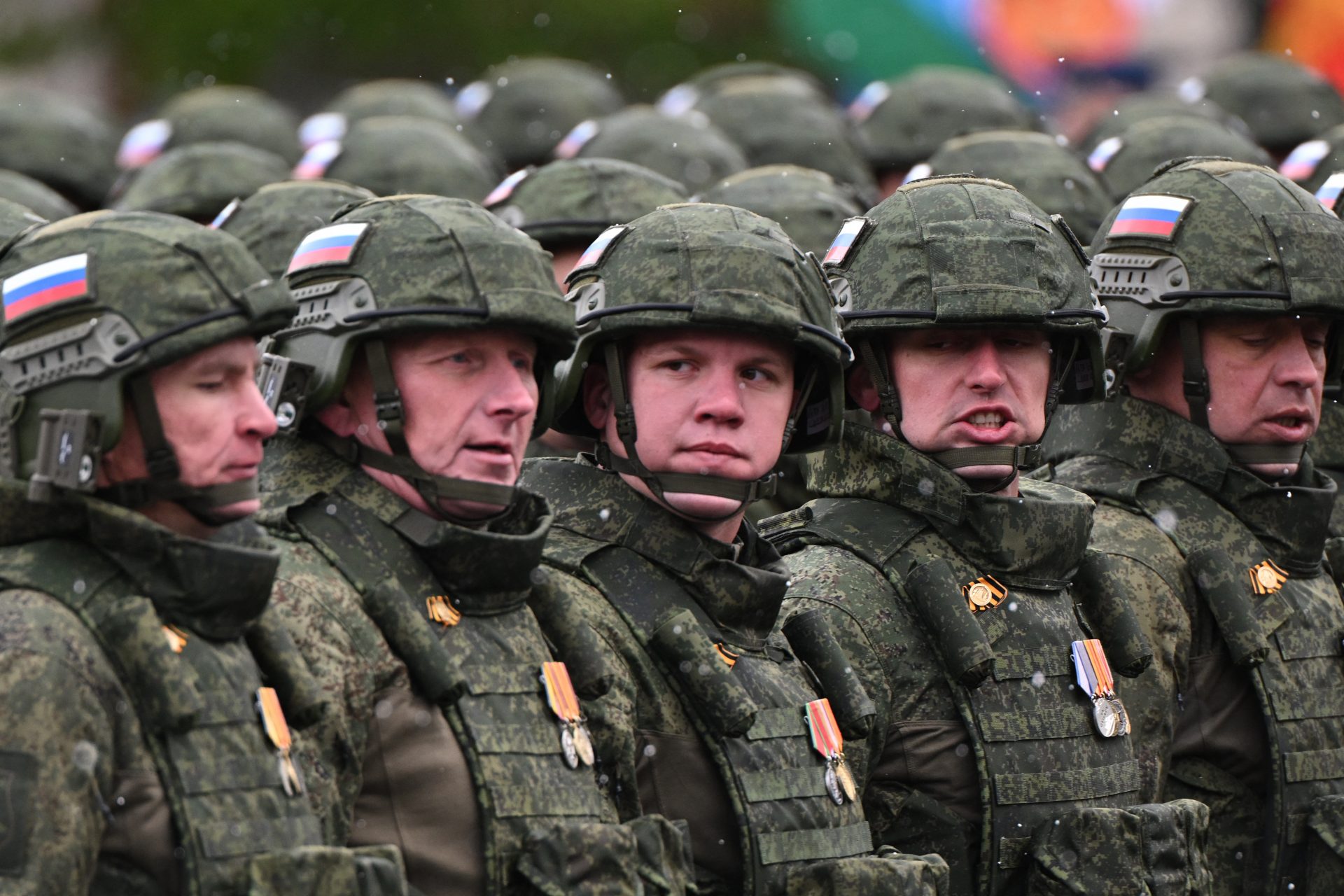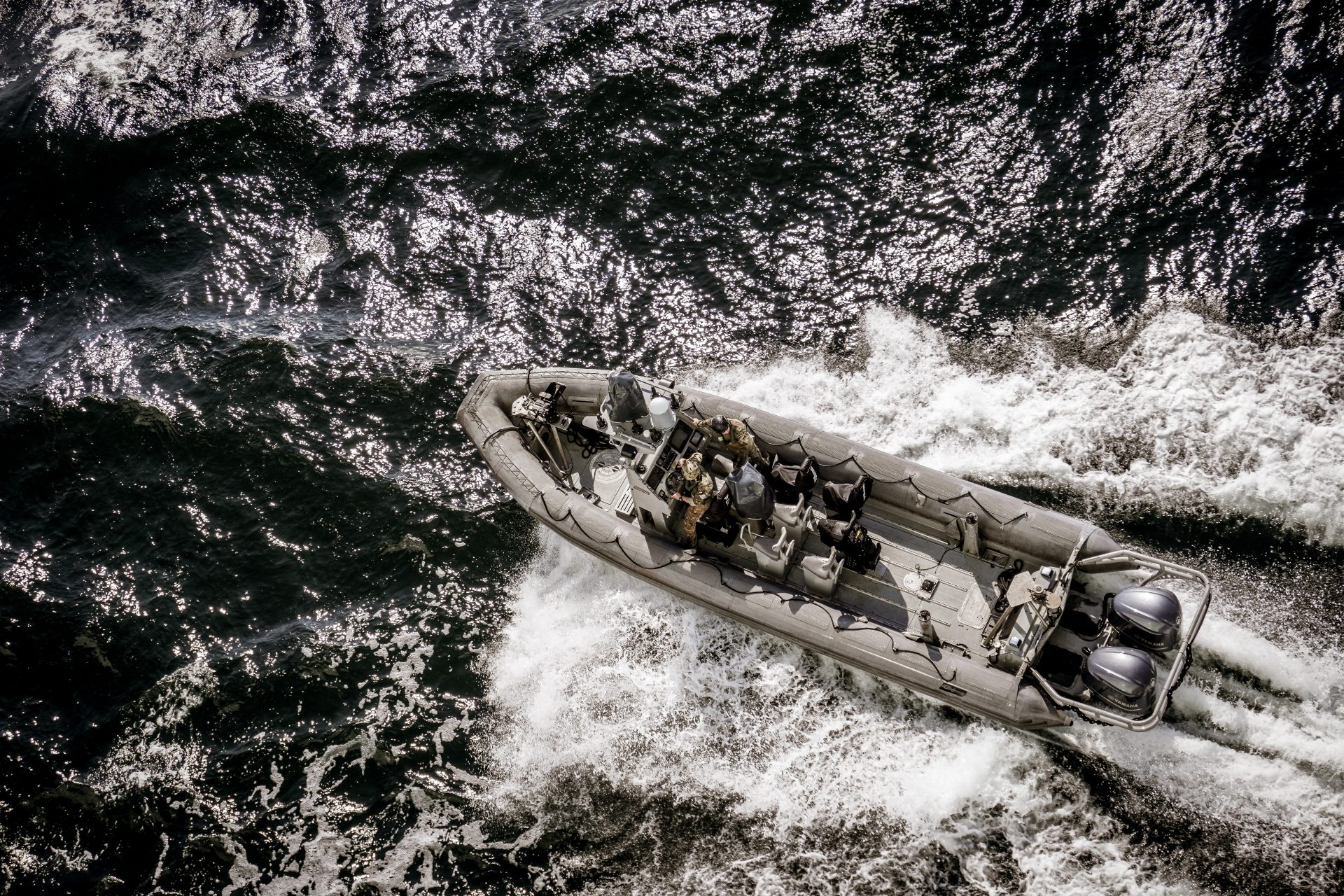Who killed high profile Russian war supporter Daria Dugina?
Someone had placed an explosive device in the vehicle and, according to the Russian Investigative Committee, everything points to the fact that it was a planned attack.
Daria was the daughter of Aleksandr Dugin, a controversial ultranationalist ideologue that some call 'the philosopher' of Vladimir Putin.
In the picture, Aleksandr Dugin (left) at Daria’s funeral.
In a video shared in several media outlets, Dugin can be seen perplexed, with his hands on his head, in front of the burning car in which his daughter was riding. Father and daughter had attended a nationalist festival together but left in different cars.
Image: screenshot BBC
Dugin's friend Andrey Krasnov told Russia's state news agency Tass that Daria usually drove another car but had taken her father’s car that day. He added that he believed it was really Aleksandr Dugin who was the target of the attack, or at least both of them.
Although the Kremlin was quick to blame it on Ukraine, a clandestine organization that operates inside Russia, unknown until now, has supposedly claimed responsibility for the attack.
On Sunday afternoon, Ilya Ponomarev (pictured), a Russian politician who was expelled from the country for opposing the Kremlin's policies, read what appears to be a statement from an underground organization on a Ukranian TV program called ‘February Morning’.
“We declare President Putin an usurper of power and a war criminal who changed the Constitution, unleashed a fratricidal war between the Slavic peoples and sent Russian soldiers to certain and senseless death,” said the supposed document.
“Poverty and coffins for some, palaces for others: the essence of their politics. We believe that disenfranchised people have the right to rebel against tyrants. Putin will be deposed and destroyed by us!”, added the document.
The alleged statement adds that the organization won’t attack civilians and that Daria Dugina, Dugin's daughter killed in the attack, was a legitimate target, being a "faithful companion" of her father, who supported the genocide in Ukraine.
Ponomarev added that the militants of that organization are ready to carry out similar actions against high-profile targets of Russian power, from officials and intelligence agents to allied oligarchs, although the existence of said organization hasn’t been verified.
Both Daria and her father were sanctioned by the United States as part of a list of Russian elites and disinformation outlets that run US intelligence.
Aleksandr Dugin had been sanctioned since 2015. Daria was included in March by the US and in July also by the UK, for her work promoting and misinforming about Russia's invasion of Ukraine, which they call a 'special operation'.
Image: screenshot CBS News
Aleksandr Dugin is a self-promoted Russian philosopher, ideologue and propagandist, defender of the imperial role of Russia and of the so-called Eurasianism.
Image: screenshot Sky News
Eurasianism is a current that seeks to form a new space or somewhat diffuse state, made up of parts of Europe and Asia, with Russia as the central axis and bastion of a new civilization opposed to the values of the West.
Image: By Monsieur Fou - Own work, Wikicommons
Aleksandr Dugin was born in 1962 into a Soviet family with significant ties to the regime, as his father was a military intelligence officer.
From an anti-communist dissident, Dugin moved closer to fascism and became known among European neo-fascist movements in the 1990s, as a writer for the far-right newspaper 'Den'.
After the disintegration of the Soviet Union in 1991, Dugin founded (together with the also controversial writer Eduard Limonov) the Bolshevik National Party.
Their new party mixed some nostalgic elements of communism with a fascist imaginary. The party flag was red, and in the center a white circle with a black hammer and sickle, like a communist swastika. Their motto: 'Yes, death!', with a raised arm salute, sieg-heil style.
In 1997 Dugin published a book that became a national bestseller: 'The Foundations of Geopolitics: The Geopolitical Future of Russia', in which strategies were established that today may be very familiar in the proceedings of the Kremlin.
Strategies such as the use of misinformation and ‘soft power’ (basically propaganda) to promote separatism in countries like the US, to a reinforcement of internal nationalism and the need to once again achieve a strong, great and united Russia were portrayed in Dugin’s book.
In 2002, shortly before George W. Bush's visit to Russia, Dugin created the far-right 'Eurasia' party, a political projection of his Eurasianist theories seeking to confront US geopolitical and cultural dominance.
Dugin has always defended the 'Russian world' as a political, metaphysical and spiritual ideology, which seeks to promote the unity of all Russian ethnic groups in the world, including those of Ukraine, a country that he has never conceived as an independent nation.
Since Russia's invasion of Crimea in 2014, many said they saw elements in the Kremlin's actions typical of Dugin's theories, who had spent years advocating that Russia be more aggressive and seek more ground, both physical and geopolitical, on the global stage.
"I think we should kill, kill, kill, there can be no other type of conversation," he said then in a video addressed to his followers, which led to him being expelled of a high position at Moscow State University.
But even after that, he continues to have his own television network, among other privileges, guaranteed by a complacent and mutually beneficial relationship with the Kremlin.
Putin has also tried to justify the invasion by appealing to the "spiritual unity" of both countries, not only because of religion, but also because of an alleged common cultural root, aspects that go back to Dugin's work and his commitment to the union of all Russian ethnic groups.
More for you
Top Stories
































